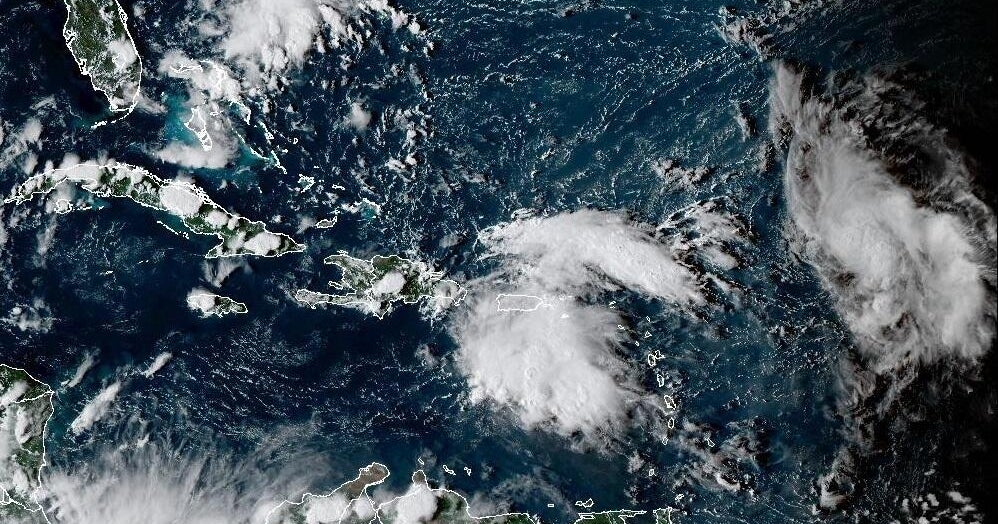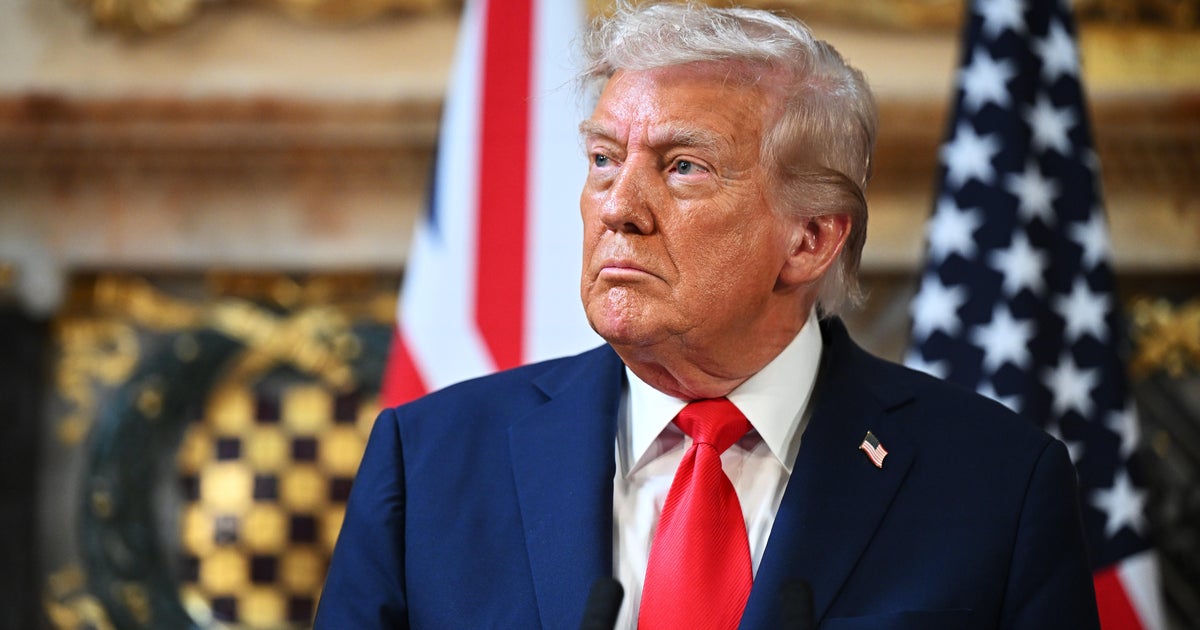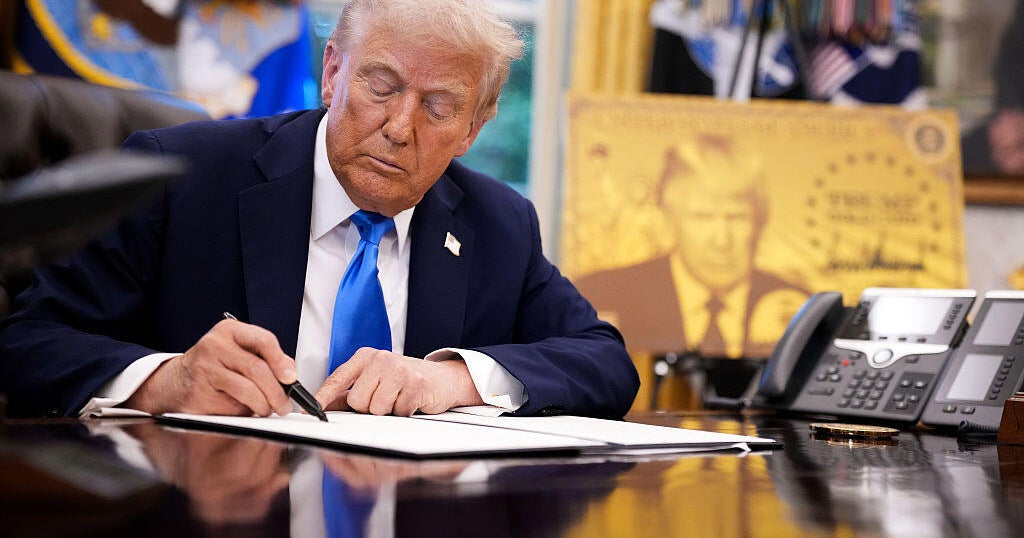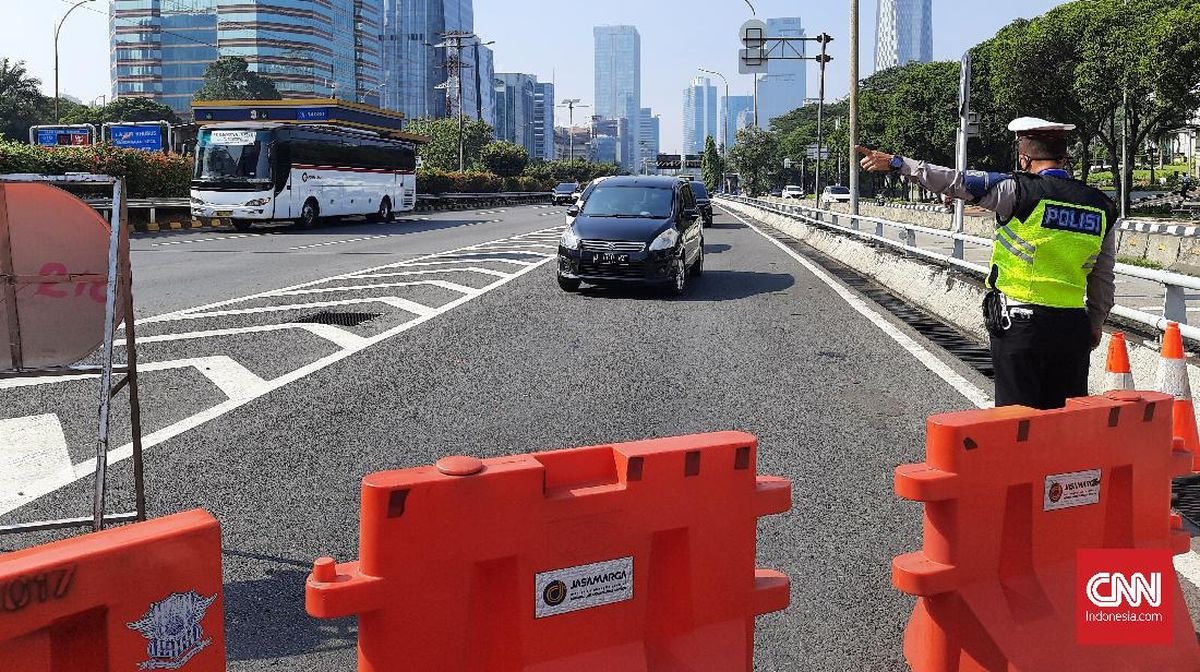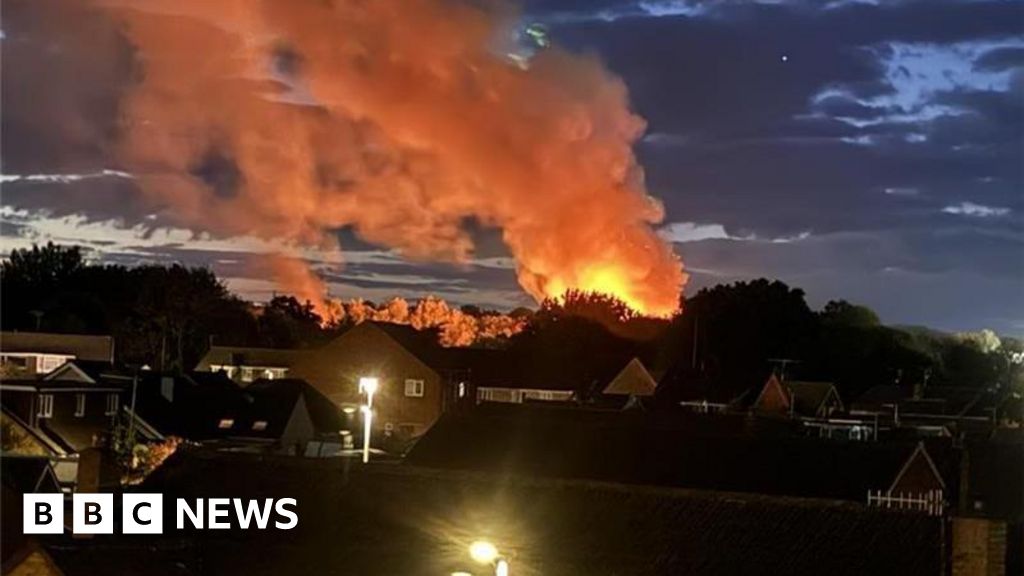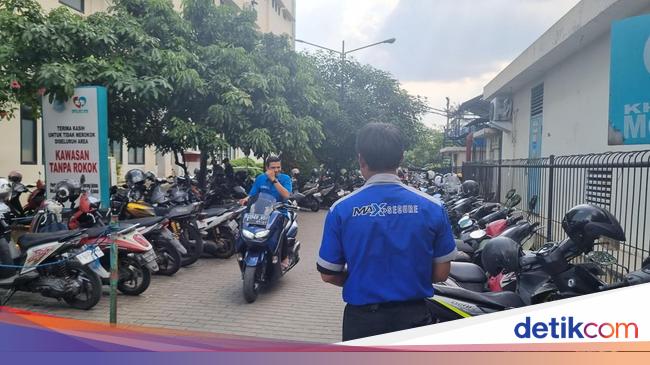In a joint U.S.-Mexican operation last month, authorities tracked down a cartel leader accused of running a gruesome infant trafficking ring in northern Mexico, according to senior intelligence officials.
Martha Alicia Mendez Aguilar, known as "La Diabla," was captured on Sept. 2 after officials say the leader of the Jalisco New Generation Cartel, referred to by the U.S. as CJNG, lured a handful of pregnant women — often in vulnerable or impoverished circumstances — to remote areas. Once there, CJNG traffickers allegedly performed illegal cesarean operations on the women, killing the mothers and allegedly harvesting their organs postmortem, and placing newborns into illicit markets, according to senior intelligence officials. The infants were then sold to couples in the United States for as much as 250,000 pesos or roughly $14,000 each, according to the senior intelligence officials.
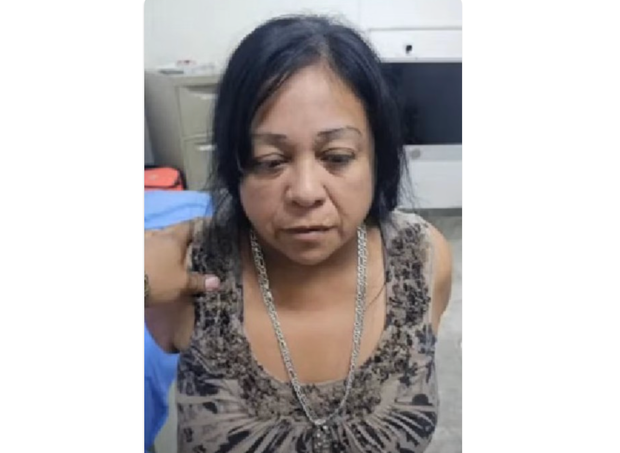 Martha Alicia Mendez Aguilar, known as "La Diabla," was captured on Sept. 2, 2025. A leader of Jalisco New Generation Cartel, she's accused of running a gruesome infant trafficking ring in northern Mexico, according to senior U.S. intelligence officials.
Government photo
Martha Alicia Mendez Aguilar, known as "La Diabla," was captured on Sept. 2, 2025. A leader of Jalisco New Generation Cartel, she's accused of running a gruesome infant trafficking ring in northern Mexico, according to senior U.S. intelligence officials.
Government photo
Mexican authorities were tipped off by intelligence provided by the National Counterterrorism Center, under the Office of the Director of National Intelligence. NCTC Director Joe Kent called the scheme an "example of what terrorist cartels will do to diversify their revenue streams and finance operations," in a statement provided to CBS News, crediting NCTC analysts with tracking Aguilar's patterns and locations, then coordinating with U.S. intelligence and Mexican partners on the ground.
Senior intelligence officials say the arrest involved support from the U.S. Marshals Service, FBI El Paso, Diplomatic Security Service and U.S. Customs and Border Protection, with Mexican law enforcement executing the operation alongside "Fiscalia Especializada en la Mujer" or the Special Prosecutor's Office for Women. Aguilar remains in Mexican custody, according to senior intelligence officials. The investigation into the alleged trafficking ring remains ongoing.
The case underscores Washington's intensified targeting of Mexican cartels in recent years.
In January, President Trump signed an executive order directing the State Department to designate cartels and transnational gangs as foreign terrorist organizations, or FTOs. The State Department in February announced the designation for eight gangs, including CJNG.
The capture of "La Diabla" marks an expansion in the application of U.S. counterterrorism policy, with intelligence elements like NCTC now actively applying counterterrorism capabilities to target not only narcotraffickers, but also human trafficking rings and terroristic violence by groups like CJNG, notorious for brutal tactics and control over swaths of Mexico's territory.
Under the new FTO framing, U.S. agencies wield more expansive tools, including intelligence, sanctions, and military support to track down the cartels and their affiliates, beyond reliance on traditional criminal prosecutions. Critics of the approach have warned of overreach and unintended consequences, while proponents argue that cartels increasingly function like hybrid terrorist groups to pick up territorial control and expand trafficking networks.
According to NCTC, U.S. intelligence has added over 21,000 cartel members and associates into their classified terrorist database, creating over 35,000 identities related to the newly designated foreign terrorist organizations. Last month, the agency stated that 6,525 terrorists have been denied entry into the United States since the beginning of the Trump administration.
Nicole Sganga is CBS News' homeland security and justice correspondent. She is based in Washington, D.C. and reports for all shows and platforms.




